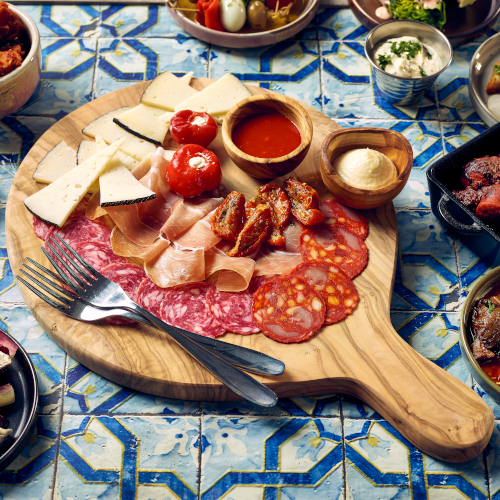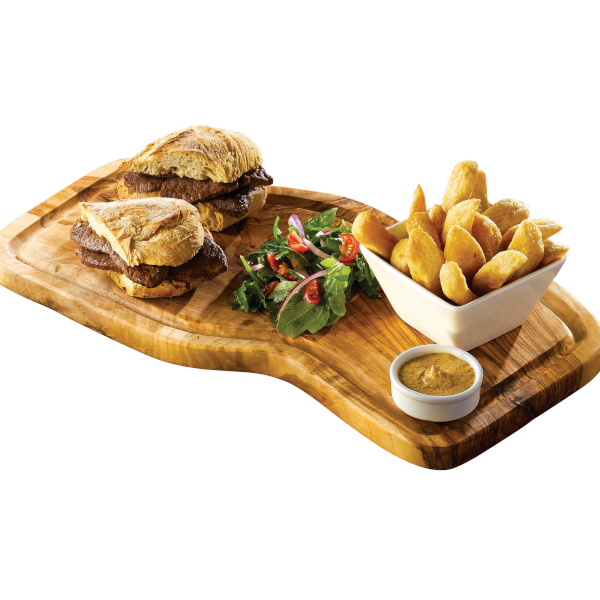8 Fascinating Facts About Olive Wood Boards
Olive Wood Boards have gained popularity in kitchens worldwide, appreciated for their unique characteristics and exceptional quality. In this blog post, we will delve into the various aspects that make Olive Wood Boards a standout choice for food preparation and explore questions surrounding their durability, maintenance, and more.

- What is an olive wood board? Olive wood, renowned for its hardness and natural treatment, serves as an excellent material for food preparation. Carved from a single piece of wood, these boards are not only rare but also boast uniqueness, beauty, and durability.
- Is olive wood good for a chopping board? With its extreme hardness and smooth surface, olive wood proves to be an ideal material for cutting and chopping. Its tight grain resists staining and smells, ensuring a consistently clean and fresh appearance. Additionally, olive wood is naturally antibacterial, enhancing its suitability for kitchen use.
- Does olive wood last? Olive wood’s hardness and density contribute to its longevity and resistance to stains and smells. Proper care and maintenance are crucial, ensuring that your Olive Wood Board withstands the test of time in a hard-working kitchen.
- Does olive wood warp? Avoid prolonged exposure to water and never subject your olive wood products to a dishwasher. These practices can damage natural oils, causing dullness and warping under extreme heat. By adhering to proper care instructions, you can preserve the integrity of your olive wood board.
- Why is olive wood so special? The strength and resilience of olive wood make it a preferred choice for various applications, from cooking utensils to cutting boards and even furniture. Its durability, complemented by attractive grain patterns and rich colour, contributes to the special charm of olive wood in woodworking projects.
- Does olive wood need to be oiled? The frequency of oiling your Olive Wood Board depends on its usage. Regular users may opt for weekly oiling, while occasional users should consider oiling after each use. Even if used purely for decorative purposes, a routine oiling practice can enhance the longevity of your olive wood.
- What kind of oil do you use on olive wood boards? While our olive wood boards come pre-seasoned, periodic re-seasoning is recommended. Use food-grade mineral oil on a soft cloth, applying a couple of coats to revitalise the board. This simple maintenance step ensures your olive wood board remains in optimal condition.
- Is olive wood porous? Despite being minimally porous compared to other woods, olive wood maintains its density and durability over time. This quality makes it an enduring choice for those seeking a long-lasting kitchen companion.

In summary, the exceptional qualities of olive wood boards, ranging from their hardness and antibacterial properties to unique aesthetics, make them a valuable addition to any kitchen.
By understanding their characteristics and following proper care guidelines, users can enjoy the enduring beauty and functionality of olive wood products for years to come.
